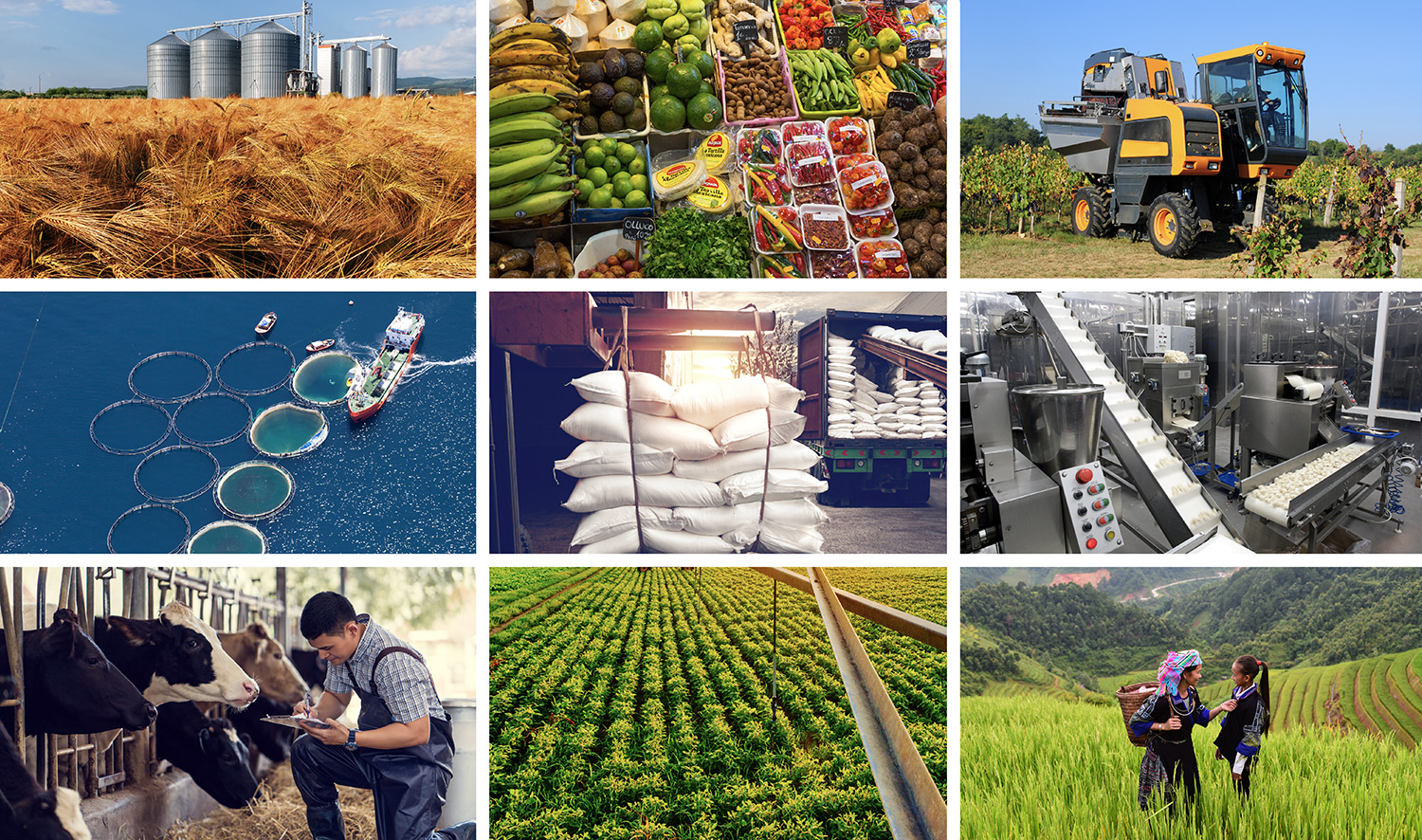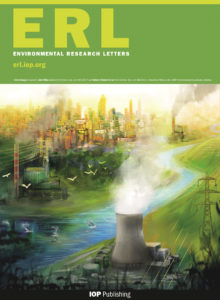ERL特刊精选|Focus on Sustainable Food Systems

特刊详情
客座编辑
- Carole Dalin,英国伦敦大学学院
- Kyle Frankel Davis,美国特拉华大学
- Matti Kummu,芬兰阿尔托大学
- Landon Marston,美国堪萨斯州立大学
- Prabhu Pingali,美国康奈尔大学
- Marta Tuninetti,意大利都灵理工大学
主题范围
特刊文章
Beyond the Green Revolution: A roadmap for sustainable food systems research and action
Kyle Frankel Davis et al 2022 Environ. Res. Lett. 17 100401
Perspectives
What do changing weather and climate shocks and stresses mean for the UK food system?
Pete Falloon et al 2022 Environ. Res. Lett. 17 051001
COVID-19 pandemic lessons for agri-food systems innovation
Christopher B Barrett et al 2021 Environ. Res. Lett. 16 101001
Finding and fixing food system emissions: the double helix of science and policy
Cynthia Rosenzweig et al 2021 Environ. Res. Lett. 16 061002
Topical Review
Matthew N Hayek and Scot M Miller 2021 Environ. Res. Lett. 16 063006
Letters
The role of seafood in sustainable diets
J Zachary Koehn et al 2022 Environ. Res. Lett. 17 035003
Dongyang Wei and Kyle Frankel Davis 2021 Environ. Res. Lett. 16 125006
Estimated climate impact of replacing agriculture as the primary food production system
Andrew H MacDougall et al 2021 Environ. Res. Lett. 16 125010
Land use leverage points to reduce GHG emissions in U.S. agricultural supply chains
Rylie E O Pelton et al 2021 Environ. Res. Lett. 16 115002
Tim G Williams et al 2021 Environ. Res. Lett. 16 105011
Sarah Hartman et al 2021 Environ. Res. Lett. 16 105008
A complex network framework for the efficiency and resilience trade-off in global food trade
Deniz Berfin Karakoc and Megan Konar 2021 Environ. Res. Lett. 16 105003
The impact of groundwater depletion on agricultural production in India
Nishan Bhattarai et al 2021 Environ. Res. Lett. 16 085003
Taegon Kim et al 2021 Environ. Res. Lett. 16 075008
Rosanne E De Vos et al 2021 Environ. Res. Lett. 16 065015
Multiple cropping alone does not improve year-round food security among smallholders in rural India
Pinki Mondal et al 2021 Environ. Res. Lett. 16 065017
Greenhouse gas emissions from food systems: building the evidence base
Francesco N Tubiello et al 2021 Environ. Res. Lett. 16 065007
Nutritional and environmental benefits of increasing insect consumption in Africa and Asia
Matthew R Smith et al 2021 Environ. Res. Lett. 16 065001
Decadal variability modulates trends in concurrent heat and drought over global croplands
Corey Lesk and Weston Anderson 2021 Environ. Res. Lett. 16 055024
Worldwide water constraints on attainable irrigated production for major crops
Bram Droppers et al 2021 Environ. Res. Lett. 16 055016
More farms, less specialized landscapes, and higher crop diversity stabilize food supplies
Lukas Egli et al 2021 Environ. Res. Lett. 16 055015
Anne Elise Stratton et al 2021 Environ. Res. Lett. 16 055010
Tariq Ali et al 2021 Environ. Res. Lett. 16 045002
G B Witt et al 2021 Environ. Res. Lett. 16 034006
Hot spots of opportunity for improved cropland nitrogen management across the United States
Eric D Roy et al 2021 Environ. Res. Lett. 16 035004
Miina Porkka et al 2021 Environ. Res. Lett.16 035002
Kerstin Schreiber et al 2021 Environ. Res. Lett.16 023003
Climate impacts associated with reduced diet diversity in children across nineteen countries
Meredith T Niles et al 2021 Environ. Res. Lett. 16 015010
Trading water: virtual water flows through interstate cereal trade in India
Francesca Harris et al 2020 Environ. Res. Lett. 15 125005
A gravity model and network analysis of household food sharing in Zambia
Rachel von Gnechten et al 2020 Environ. Res. Lett. 15 115010
Kate A Brauman et al 2020 Environ. Res. Lett. 15 105018
Global food self-sufficiency in the 21st century under sustainable intensification of agriculture
Areidy Beltran-Peña et al 2020 Environ. Res. Lett. 15 095004
期刊介绍

- 2021年影响因子:6.947 Citescore: 9.4
- Environmental Research Letters(ERL)以金色开放获取模式出版,作者可选择将原始数据作为补充资料与文章一起发表。所有研究人员可以免费获取这些研究成果。ERL汇聚了关注环境变化及其应对的研究团体和政策制定团体的意见,涵盖了环境科学的所有方面,出版研究快报、综述文章、观点和社论。ERL顺应了环境科学的跨学科发表的趋势,反映了该领域相关的方法、工具和评估战略,得到了来自不同领域的广泛贡献。
